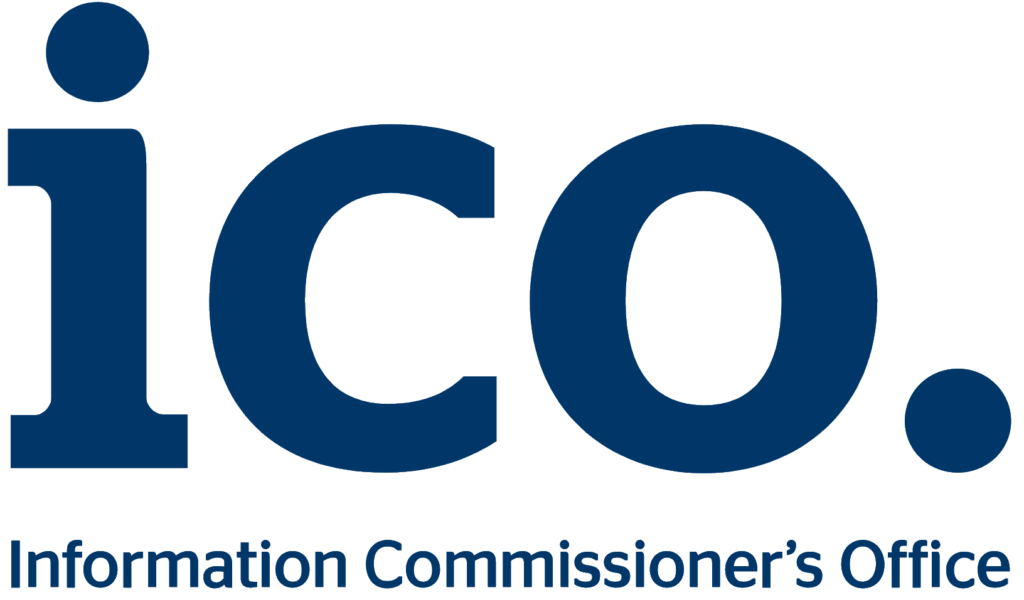During these unprecedented times, understandably questions have been raised in regards to your service charge and whether they will still need to be paid. At Strangford Management we have detailed the below questions that we have received and a summary of our responses based on current Government guidance along with practical steps to take to ensure your service charge account doesn’t fall into arrears.
Do I have to pay my service charge at the moment?
The current government guidelines in relation to payment holidays are mainly in line with the payment of mortgages. Banks are offering 3-month payment holidays which in turn will allow for better cash management for Leaseholders. There is no Government guidance in relation to service charge payments however, the payment of your service charge is a legal requirement under the terms of your lease and must be paid. This is crucial in order to ensure the maintenance of your building continues
What if I can’t afford to pay my service charge?
We understand during this difficult time, you may struggle to pay your service charges in full. If this is the case, you should immediately contact your block manager so a payment plan can be agreed upon where possible. This will ensure that you are still on track with the payment of your service charge in accordance with your lease.
Will maintenance still be carried out during this period?
Maintenance of developments will be on a case by case basis, works that require urgent attention will still be carried out. There is Government guidance in relation to what regular contracts can continue and what is deemed ‘non-essential’. It is also worth considering if contractors may be deemed as a vulnerable person at this time and take that into consideration when reviewing contracts in place. At Strangford Management we have communicated this to all of our contractors and have been working with them to introduce additional measures to protect both them and the residents within our developments as the safety of everyone is paramount at present. Should any contracts in place be reduced or stopped during this period, there may be a reduction in the service charge amounts paid and therefore may result in a surplus after the year-end accounts are produced.

Can reserve funds be used to pay for the costs of running the building?
A reserve fund is a ring-fenced amount of money that is used for cyclical major expenditure. Types of expenditure typically include major re-decorative projects, lift replacements and so on. The reserve fund is not used for the day to day maintenance of buildings and therefore cannot be used as a safety net and a method of payment for day to day maintenance.
I’ve made service charge payments; will they still be allocated to my account?
Banks are still operating fully so any payments, whether they are BACS payments, standing orders or so on, will all be processed and arrive into the client trust account. If your managing agent is using the latest banking software, they should be able to allocate the payments you have made, however, please do note, with remote working currently in place, there may be a delay in the processing of cheques so where possible, it is advisable to make your payment via an alternative method.
Will service charge demands still be sent out?
Contractually service charge demands will continue to be sent out, possibly by email where possible. These shall be sent in line with the terms of your lease. Demands raised will also include any additional charges, major works contributions and ground rent. Unless you have been informed otherwise by your agent, please ensure you look out for these invoices.
At Strangford Management, we use the latest in financial software to ensure we can be accurate and flexible in our approach to fiscal management during this period. We want to reiterate that it is important for Leaseholders to communicate with us should any issues arise as we are available to help you through this situation. Please call us today on 0203 946 2650 for further information or to discuss your individual account.
Learn More:
- EWS1 Form Explained: Hidden Requirements Your Surveyor Won’t Tell You
- NHBC Cover Explained: Your Essential Guide for Leaseholders (2025)
- Ministers Set £30bn Cladding Crisis Deadline for 2029
- Service Charge Disputes Made Simple: Your Rights as a Leaseholder
- Breaking: Leasehold Reform Scraps Two-Year Wait Rule From January 2025




